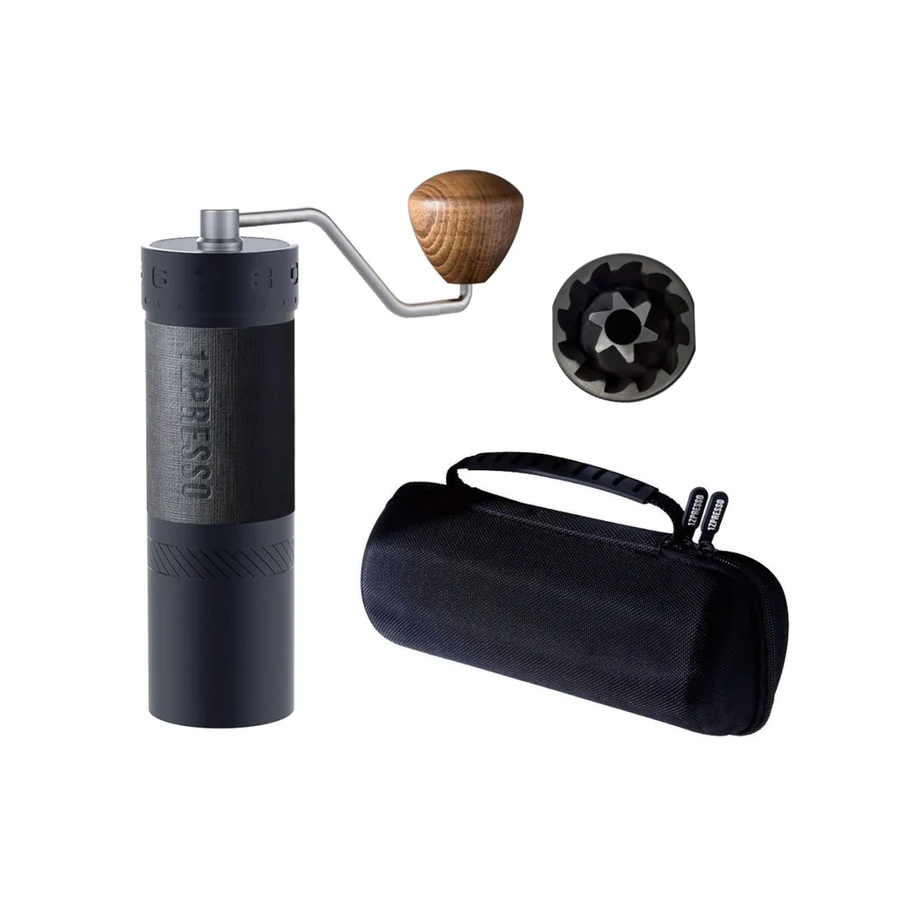What impact does the origin of coffee have on the taste?
Introduction
The origin of coffee, often referred to as the coffee's "origin" or "coffee bean origin," has a profound impact on the taste and flavour profile of the coffee. The region where coffee is grown, the specific country, the altitude, the climate, and the soil conditions all contribute to the unique characteristics of the coffee beans. Here's how the coffee origin influences taste:
1. Coffee Beans Flavour Profiles:
- Different coffee-growing regions around the world produce beans with distinct flavour profiles. For example:
- Ethiopian coffees are known for their floral and fruity notes.
- Central American coffees may have bright acidity and citrus undertones.
- South American coffees often feature nutty, chocolatey, and balanced flavours.
- African coffees can be more complex with wine-like acidity.
- These flavours are influenced by the unique combination of environmental factors in each region.

- Coffee beans grown at higher altitudes tend to develop more complex flavours due to slower ripening and increased concentration of sugars.
- High-altitude coffees may have brighter acidity, floral notes, and a refined sweetness.

3. How Climate Can Affect Coffee Beans:
- The climate in a coffee-growing region, including temperature, rainfall, and humidity, affects how coffee cherries develop and ripen.
- Unique climate conditions can result in specific taste characteristics. For instance, regions with distinct wet and dry seasons often produce coffee with well-defined flavour profiles.

- The mineral content and composition of the soil where coffee is grown influence the nutrient uptake by coffee plants.
- Different soils contribute to variations in taste and acidity in the coffee beans.

- The method used to process coffee cherries (e.g., washed, natural, honey-processed) also plays a role in the final flavour.
- Each processing method can accentuate or alter the inherent flavours of the beans.

- Coffee varietals, or cultivars, refer to different subspecies or varieties of coffee plants. These varietals have unique genetic traits that impact flavour and aroma.
- Some varietals are more resistant to diseases or pests, while others are chosen for their flavour profiles.

- Similar to wine, coffee has a sense of "terroir," which encompasses all the environmental factors specific to a coffee-growing region.
- Terroir includes the combination of soil, climate, altitude, and other factors that make coffee from a particular region unique.

Conclusion
Understanding the impact of origin on coffee taste allows coffee enthusiasts to explore a wide range of flavours and discover their preferences. Specialty coffee roasters often highlight the origin of their beans, allowing consumers to choose coffees based on their desired flavour profiles. Experimenting with different coffee origins can be a delightful journey for those seeking diverse and unique coffee experiences.



